Summary:
PepsiCo has acquired Poppi, a prebiotic soda brand that has gained popularity thanks to its focus on health and its retro design. This acquisition reflects the rise of the functional beverage market and the adaptation of large corporations to consumer demands for healthier options. Poppi has achieved notable success thanks to its branding and marketing strategy, which combines nostalgia with innovation and digital influence.
The acquisition of Poppi by PepsiCo is a clear indicator that healthy beverages are here to stay. The soda industry is evolving to meet consumer demands for healthier and functional options without sacrificing flavor. Poppi has demonstrated that it is possible to create a brand that not only offers an innovative product but also builds a community and a lifestyle that resonates with new generations. Reflect on how your business can adapt to these trends and consider how innovation and emotional connection can be keys to success in today's market.
This shows that the entire food and beverage industry must drastically evolve toward completely healthy products.
The Rise of Healthy Beverages
The global functional beverage market reached $134 billion in 2024 and is estimated to grow to $231 billion by 2033. This growth is due to the increasing demand for healthier and gut-friendly options. Coca-Cola and PepsiCo, which have dominated the soda market, cannot ignore this trend. In recent weeks, Coca-Cola launched Simply Pop, its own line of sodas with functional benefits, while Olipop, a rival brand in the prebiotic segment, closed a Series C funding round of $50 million, reaching a valuation close to $2 billion.
The Story of Poppi: From Farmers' Markets to Amazon
Poppi was born as a craft beverage created by the couple Stephen and Allison Ellsworth, who sold it at farmers' markets before appearing on the show Shark Tank. There, they secured funding, access to distribution channels, and a radical rebranding: from Mother Beverage to Poppi. By combining fruit juices with apple cider vinegar, prebiotics, and sparkling water, Allison Ellsworth sought to reformulate traditional sodas, eliminating excess sugar without sacrificing flavor. In just a few years, the brand became one of the fastest-growing in the United States, with revenues exceeding $100 million and a presence in over 120 stores nationwide.
Poppi's Branding and Marketing Strategy
"Poppi managed to position itself as a cultural phenomenon thanks to its branding and marketing strategy. Its colorful cans with a retro design reflect the brand's lifestyle aspirations, centered on fun and nostalgia, making it attractive to both Generation Z and Millennials. 'Poppi is much more than a drink; right now, it's a tightly-knit community and lifestyle,' Ellsworth expressed in an interview with Forbes. The brand combines traditional retail distribution in chains like Whole Foods, Target, Costco, 7-Eleven, Publix, and Amazon with a modern approach based on digital influence. Following the model of Alo Yoga in the wellness sector, Poppi collaborates with influencers and celebrities, organizes exclusive events, and expands its social media presence."
The Cultural and Commercial Impact of Poppi
"Poppi not only targets a niche audience but also boldly aims for widespread recognition. For the second consecutive year, the brand secured a coveted advertising slot during the Super Bowl, a stage typically dominated by beers and traditional sodas. In fact, its 2024 ad, The Future of Refreshment, was the most-watched during the game, reaching 29.1 million households. This cultural and commercial success demonstrates that new brands have the ability to generate significant impact and renew product categories, something that large corporations often struggle to achieve."
The Acquisition by PepsiCo
PepsiCo just announced the acquisition of the prebiotic soda brand Poppi for $1.95 billion, a significant milestone for a company founded less than ten years ago. 'We have developed our food and beverage portfolio over many years. We innovate with our brands in new spaces and make strategic and disciplined acquisitions that allow us to offer more positive options to our consumers,' declared Ramón Laguarta, Chairman and CEO of PepsiCo, in a company statement. 'More than ever, consumers are looking for convenient and great-tasting options that fit their lifestyles and respond to their growing interest in health and wellness. Poppi complements our portfolio transformation efforts to meet these needs,' he added."
** Follow us on IG: InfonegociosMiami **
Frequently Asked Questions (FAQs):
What is Poppi, and why is its acquisition by PepsiCo important?
"Poppi is a prebiotic soda brand that has gained popularity for its focus on health and its retro design. Its acquisition by PepsiCo for $1.95 billion reflects the rise of the healthy beverage market and the adaptation of large corporations to new consumer demands."
How has Poppi managed to position itself as a cultural phenomenon?
"Poppi has managed to position itself as a cultural phenomenon thanks to its branding and marketing strategy, which combines nostalgia with innovation and digital influence. Its colorful cans and presence at events like the Super Bowl have contributed to its success."
What impact does the rise of healthy beverages have on the soda industry?
"The rise of healthy beverages is forcing the soda industry to evolve and adapt to consumer demands for healthier and functional options. This has led large corporations like PepsiCo and Coca-Cola to launch new product lines and acquire innovative brands."
How can a company leverage nostalgia in its marketing strategy?
"A company can leverage nostalgia in its marketing strategy by using retro designs and evoking positive memories to emotionally connect with Generation Z and Millennials. This can create a deeper connection with consumers and increase brand loyalty."
Highlighted Tips:
Innovate in Product: Introduce beverages with functional benefits to attract health-conscious consumers.
Leverage Nostalgia: Use retro designs to emotionally connect with Generation Z and Millennials.
Build a Community: Create a brand that goes beyond the product, fostering a community and lifestyle.
Leverage Digital Influence: Collaborate with influencers and use social media to expand your reach.
Stay Connected with Infonegocios Miami! (¡Suscribete sin cargo!)
-
Contacto-Contact: Infonegocios MIAMI:
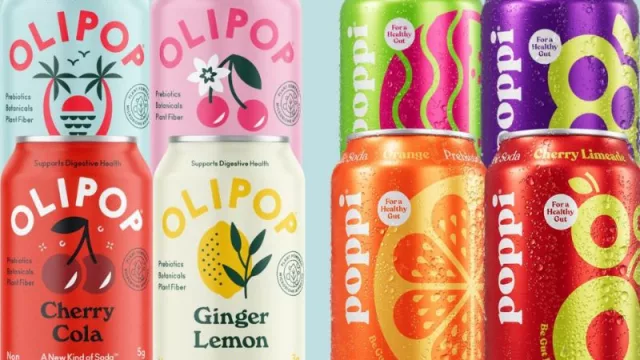



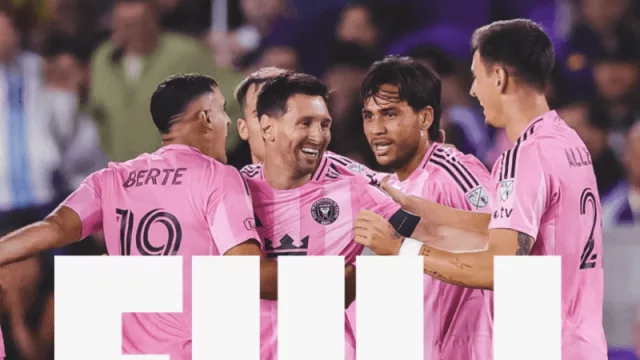
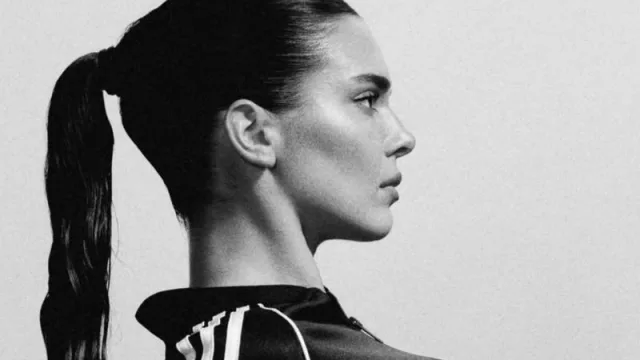

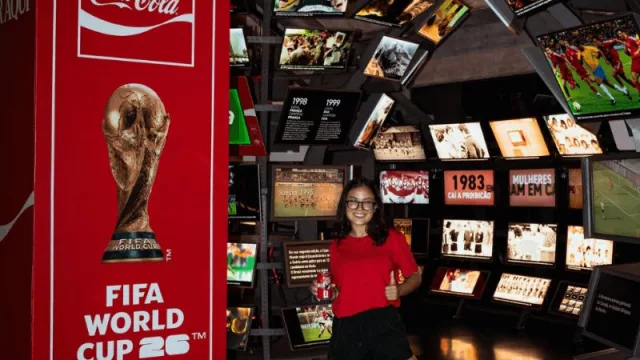
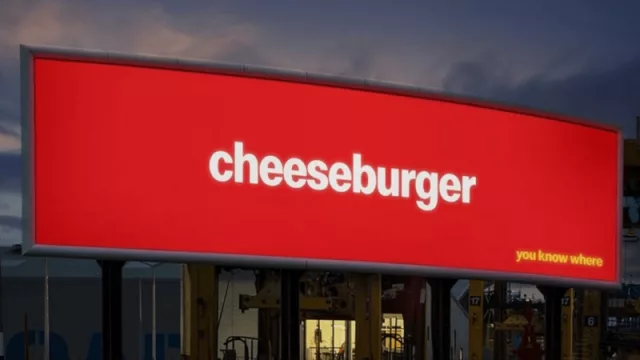
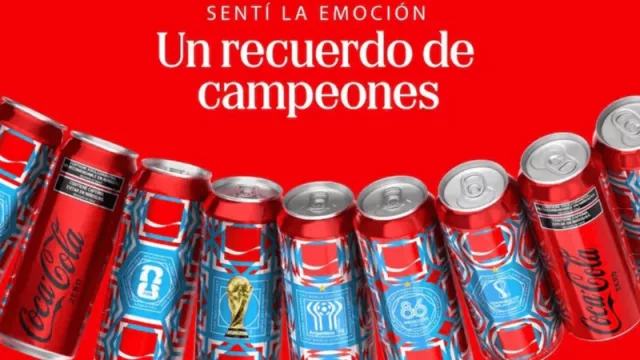


Tu opinión enriquece este artículo: